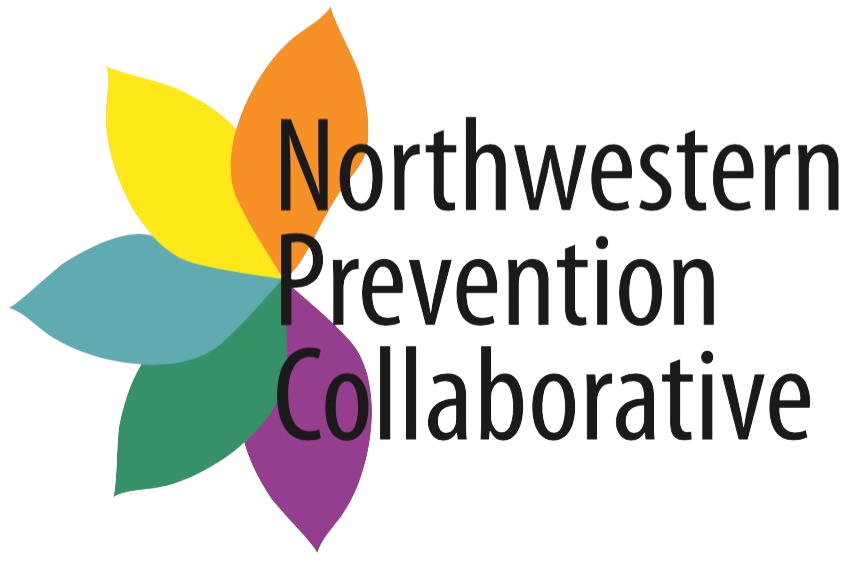The stigma of substance misuse and mental health goes far beyond what we say. It results in withholding assistance, job loss, the denial of housing, social avoidance, and much, much more. So why are we offering yet another article about the importance of how we word things? Because awareness of and battling against the stigma begins with how we speak. Our words matter.
Word choice is important because of the person with the substance use disorder (SUD).
In order to simplify this, we’re going to assume that the person with an SUD is Annie. Speaking to Annie out of concern and love looks different than speaking out of anger and fear.
If I am speaking in love, I am focused on helping her live her best life. I am speaking of an SUD that she is struggling with. My focus is on her as a person and reaching out to her.
If I am speaking out of anger and fear, I might describe her with words such as dirty, an addict, or a junkie. Which do you think she is more likely to respond to?
Here is the crux of this: If Annie feels ashamed, she is less likely to seek treatment.
Sometimes it is hard not to use those hurtful words when we have been let down by someone who was in recovery, but resumes using again. But while we never want to enable someone to continue to misuse drugs, we do want them to know that they have love and support, and that we believe in them. Every conversation is a brick in that foundation, so we must watch our words.
Word choice is important because of the people who don’t understand.
A woman was exceptionally annoyed by the habits of one of her neighbors. When he was eventually arrested, her immediate response was, “Oh, he was a drug addict. That figures.”
For people who do not have a loved one struggling with an SUD, the term “drug addict” is likely to bring to mind someone with whom they wouldn’t want to associate. They might be fearful of the person, or pity them. They might feel judgmental, mistakenly believing that people have chosen this path, when in fact substance use disorders develop without the person being aware it is happening.
Using the “person-first” language keeps the focus on the fact that this is a human being of whom we are speaking. This is the first step in getting others to understand that people with substance use disorders need our help, not our judgement.

Word choice is important because our own internal biases are revealed in what we say.
We each bring our own biases into our interactions with others. Our past education and experiences predispose us to judging others. The instinct to judge is not something we can change overnight, of course. However, if we pay attention to what we are saying and how we are saying it, we can start to better understand ourselves, and we begin to understand that “those people” are actually individuals capable of loving others and contributing to their communities.
For more information, visit:




Comments are closed.